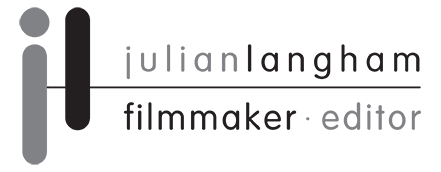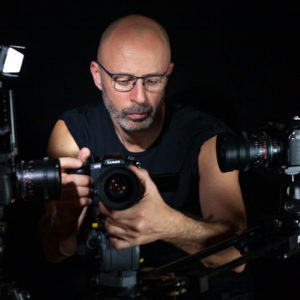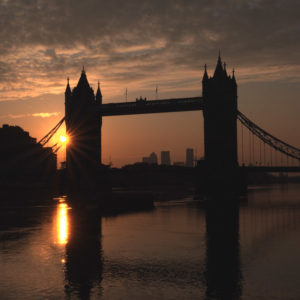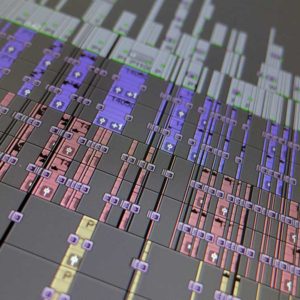As a DBS checked cameraman, I am often commissioned to film video projects which may include working with or filming groups of vulnerable people. Here I explain some of the projects that I have worked on.
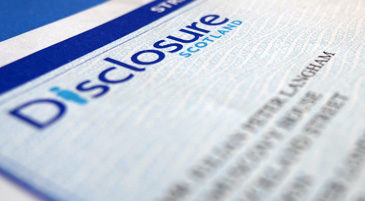
Ensuring safe working practices
As a DBS checked cameraman, I am often commissioned to film video projects which may include working with or filming groups of vulnerable people. Previously these have included working and filming with young people, people with learning difficulties and people who are physically or mentally challenged. I have extremely high standards when it comes to safeguarding vulnerable adults and young people. My previous BBC production training ensures I have a good understanding of the issues around video production and filming that are relevant.
The following are some examples of my previous video productions involving working with vulnerable groups:
Video production for Joy of Sound:
Working as a DBS checked freelance videographer this charity commissioned me to film and edit their music workshops that are attended by people of all abilities including many participants with severe disabilities. One of the projects I have delivered for Joy of Sound is their website homepage video.
Filmmaker for Koestler Trust:
My work for the Koestler Trust prison charity spanned over a period of six years. It involved producing, filming and editing a number of films working both inside secure institutions and with offenders and ex-offenders. One example of my work for this charity is a film about their mentoring programme.
Cameraman and videographer for individual commissions:
I have had a number of commissions from various parents and teachers to film and edit a variety of video content. These projects have featured very young people. Being a DBS checked cameraman ensures my safe working practices.
BBC guidelines for video producers and filmmakers
During my years working for the BBC, I became familiar with their guidance on working with vulnerable contributors. In particular, that any commissioners and filmmakers working on projects featuring vulnerable people have a responsibility to ensure their protection. This includes using the DBS service (formerly CRB) to check for any individual’s current certification.
My first CRB check
My first CRB check was carried out by the Children’s BBC production team back in June of 2006. This was a requirement for everyone working in the field of children’s TV. This ensured I was compliant with the safeguards required as a member of a BBC production team.
From CRB to DBS
Since then the CRB has been replaced by the DBS (Disclosure and Barring Service) and, so that prospective clients can feel confident about booking my services for any projects involving vulnerable people, I ensure that I have a valid and current DBS certificate by subscribing to the DBS update service. This also means that project film commissioners can carry out their own online check if they would like to do so.
DBS checked cameraman and videographer
My current DBS certificate and the reference number is available to view upon request by any clients requiring further validation. The DBS check included the submission of 3 forms of identification. These confirmed my name, date of birth and information on my home address details for the last five years.
As well as ensuring the safety of the people being filmed it’s also essential for me to protect my self and my own safety and well-being. In that regard, I always ensure that I am working with at least one adult at all times when working or filming with vulnerable individuals or groups.
If you would like any help with filming your video production, please do get in touch. You might like to read some of my other articles from my video production blog.
